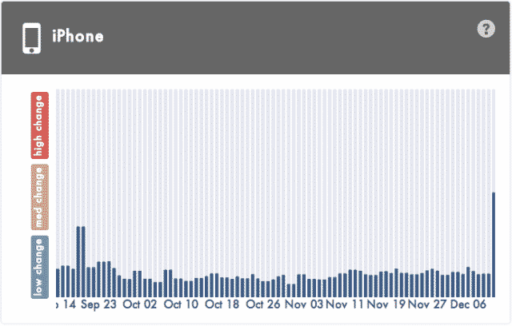Consumer reviews on the web are often a very effective way to gauge how good, or bad, a product is. Many of us rely on them to make a decision of whether or not to buy a book or something else. However, according to a new study, one-third of all consumer reviews, we normally read, on the web are fake.
For example, consider the case of Todd Rutherford. He started a website called ‘GettingBookReviews.com’ back in 2010. The website, as the name suggests, was meant to furnish as many books reviews for the clients as they require, and much to their taste.
Initially, Rutherford asked $99 for a single book review, $499 for 20 book reviews and $999 to pen down 50 book reviews. Of course these reviews would be the eulogizing, praising sort trying to depict a very excited consumer who is very happy with the book and simply loved it. The tone of the review had to be compatible with the client’s wishes.
Soon, Rutherford was making a cool $28,000 a month. Within a brief time, Rutherford penned down 4531 reviews. And the same stands true for virtually all consumer reviews that we come across on the web. A huge number of them are paid and are meant simply to ‘market’ a product, not to show how good or bad it genuinely is.
According to Bing Liu, a data-mining expert in University of Illinois, Chicago, “The wheels of online commerce run on positive reviews.” Liu reveals how 60 percent of Amazon reviews are five stars whereas another 20 percent are four star reviews. This essentially shows how reviews have become an effective marketing tool.
From the looks of them, it is quite impossible to tell which reviews are genuine one and which aren’t. The paid reviews are quite well written and fairly professional in their approach, thus making it difficult for the consumers to discern that they are not real.
Rutherford explains that, “I was creating reviews that pointed out the positive things, not the negative things. These were marketing reviews, not editorial reviews.”
With a huge bulk of books appearing on the web, and many of these being self-published books, the authors and publishers have found out that attention, any kind of attention, is the best success strategy for a book’s marketing. So even if all the reviews may not be positive about the book, they would be reviews nonetheless. And that can effectively catapult a new book to prominence on the web.
Source: NYT
[ttjad keyword=”hot”]



